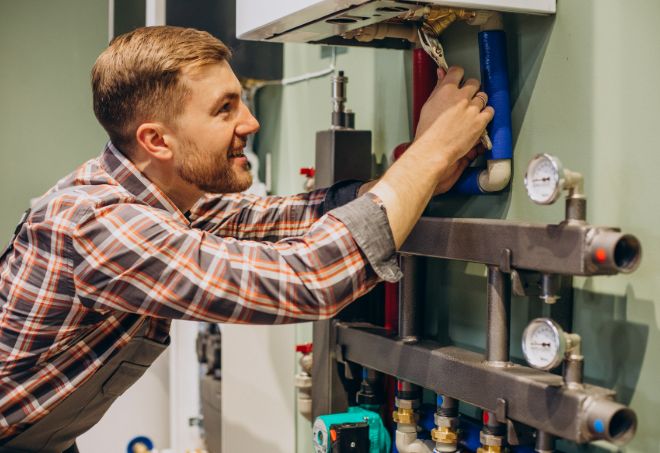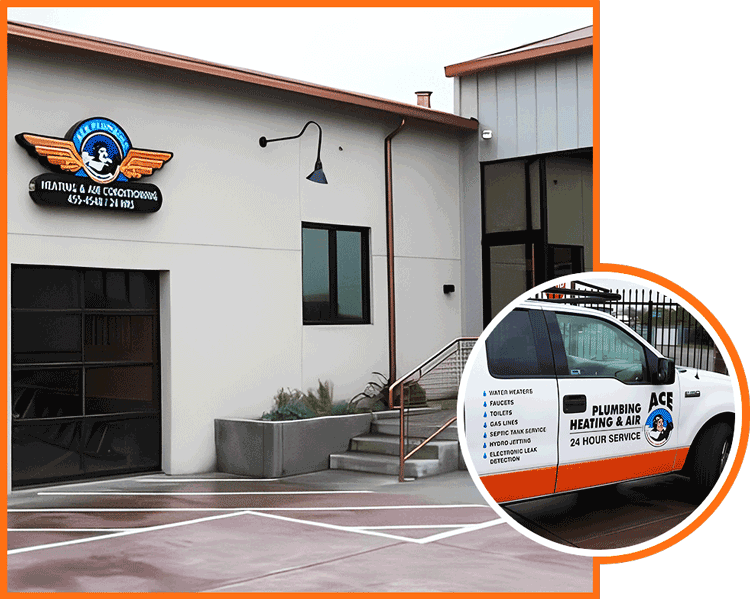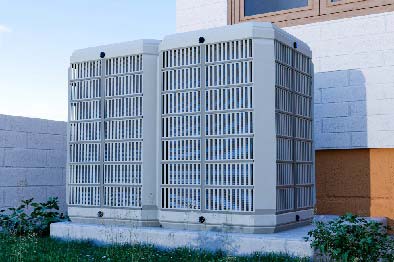
Serving Sacramento Since 1973
Sacramento's #1 Plumbing & HVAC Company | Ace Plumbing Heating & Air Conditioning
We are a Sacramento family-owned and operated business that cares about our customers, employees, and our community. We provide a complete range of services at a fair price. And that's why Sacramento homeowners trust Ace Plumbing, a leading heating company in Sacramento, to keep their HVAC systems and pipes working at their best.
Are You Still Searching For A "Plumber Near Me"?
Did you know that the phrase "plumber near me" is searched almost half a million times monthly in the USA alone? That's a testament to the essential role plumbers play in our daily lives and the urgency we often need them.
Searching for a "plumber near me" isn't just about finding someone to fix a leak. It's about the incredible interplay of technology, geography, and human expertise. The next time you make that search, know that there's an intricate dance of algorithms and data ensuring you get the best possible result.
Our Ace plumbers ain't got a clue about data or algorithms, but we are seasoned professionals with 50+ years of experience providing you with the best possible plumbing and HVAC services in the area. We take pride in completing every task with precision, care, and top-class customer service.

Services
Ace Plumbing Heating & Air Conditioning
Drains & Pipe
Drain and pipe repairs can be complicated. Our skilled technicians can help.
Air Quality
Air quality keeps the allergens and dust mites down. Our technicians can help.
Why Choose Us?
Quality Service Provider

Same Day Service
Having problems with your plumbing, AC or heater? We have a team of skilled technicians ready to help you! Don't live with these issues. Call us today.

Affordable Prices
We prioritize your budget while delivering high-quality service and expertise. Trust us to provide cost-effective solutions without compromising on excellence.

Highest Quality Services
With exceptional craftsmanship and keen attention to detail, you're in trusted hands for the best plumbing or HVAC experience.
Ace Plumbing
Frequently Asked Questions

DO YOU HAVE ANY QUESTION?
FEEL FREE TO REQUEST FOR A QUOTE
- 3011 Academy Way, Sacramento, CA 95815
- (916) 455-4548















